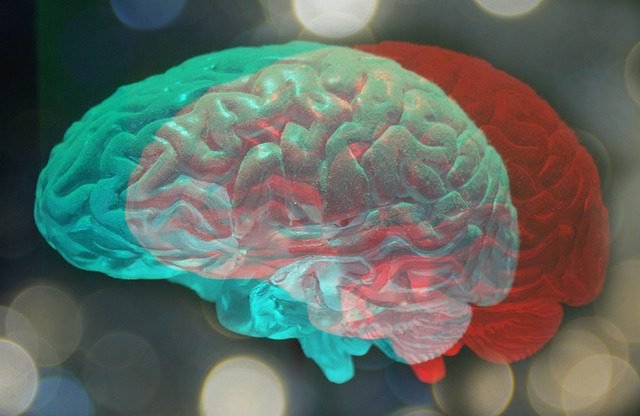Last Updated on March 12, 2024 by admin
You may experience that your thoughts are disorganized, and you are overall confused concerning everything. You will not be able to focus or do multitask in any way.
Table of Contents
How is it diagnosed?
There is no one specific test to diagnose brain fog. However, with the help of multiple tests and scans, an experienced neurologist will be able to come to a definitive conclusion. During your visit, your neurologist will ask you questions concerning your diet, overall health, mental health, physical activities that you do, etc. You will even be asked about any medications that you are taking.
If the initial questions don’t give a clear idea about your condition, you might have to go for a few blood and urine tests. These tests will help in detecting issues like:
- Nutritional deficiencies
- Inflammatory diseases
- High blood sugar
- Liver and kidney function
- Thyroid
As soon as the underlying cause of your symptoms is determined, your neurologist will design a customized treatment plan for you. Neurologists at South Valley Neurology have years of experience in treating patients with brain fog symptoms. All their board-certified doctors strive hard to ensure that the patient is as comfortable as they can be during and after their visit.
What are the top 7 reasons for brain fog?
1. Lack of sleep
Sleeping and resting well help our brain in functioning normally. Of course, too much sleep can make you feel foggy again. So, simply aim at getting 7 to 9 hours of quality sleep. Also, if you have conditions like insomnia, apnea, or narcolepsy, it is best to discuss them with your doctor.
2. Depression
Depression brings along loss of energy and enthusiasm. As a result, you might find it difficult to remember things and think normally. So, ensure you are getting proper treatment, and if recommended go for group therapies.
3. Multiple Sclerosis
This condition affects your central nervous system and affects the way your brain ‘communicates’ with the rest of your body. Most individuals suffering from multiple sclerosis have issues with attention, memory, planning, and even language.
4. Pregnancy
The chemicals that are released by the body to protect and nourish the fetus can affect your memory and concentration. This is the reason why pregnant women always experience forgetfulness.
5. Menopause
A woman’s body changes a lot during this stage. Experiencing lack of concentration, loss of memory, and forgetfulness is common during this period.
6. Medication
Certain medications can make it difficult for you to remember things, or concentrate well. If you are experiencing any symptoms like these, it is best to call your doctor and get your medicines changed.
7. Cancer Treatment
Chemotherapy can lead to what’s known as chemo brain. You may find it difficult to remember names and dates, you might even take longer to complete basic day-to-day tasks. As soon as the treatment is completed, the symptoms subside, but for some, they may linger for a longer time.
So, that is everything you need to know about the condition. If you are experiencing difficulty in remembering normal details, or are not able to concentrate well, it is best to consult a neurologist right away.
Read More: Covid-19 Self-Care: Importance of Taking Care of Yourself

























